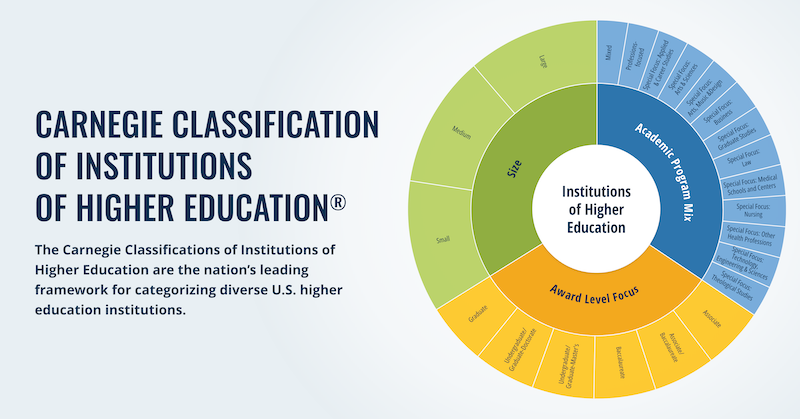Educators have long felt the need to choose between two paths to student success—one that emphasizes academic knowledge and another that stresses the so-called “non-cognitive skills” that are equally important to student development. And that, says Maurice Elias, a professor of psychology at Rutgers University, is “like deciding whether to give up the brain, the heart, the lungs, or the liver, when in fact we need them all.”
As the Common Core State Standards set rigorous new academic expectations for the nation’s classrooms, students will need more support than they are now getting to develop the motivation and consequent engagement needed to meet them. A growing body of research clearly points to the importance of motivation in student achievement and the rich potential of emerging research that identifies several new strategies to boost it.
Inspired by this new research, more and more educators are working to develop in their students the skills and dispositions that will help them engage and persist in deeper, more rigorous academic work. But for many, the field can seem overwhelming—whether termed productive persistence, grit, flow, resilience, engagement, agency, or any of a number of other names—they must wade through a vast and often confusing menu of interventions, curricula, and instructional strategies.
With its new report, “Motivation Matters: How New Research Can Help Teachers Boost Student Engagement,” Carnegie Foundation writers Susan Headden and Sarah McKay bring needed clarity to this growing field. They define key terms, discuss research findings, and explain promising approaches to boosting motivation. The report is organized according to three major factors that contribute to student motivation: rewards and value, mindsets, and relationships. It also explores the system-level supports that are necessary for the scaling and long-term success of this work.
July 21, 2015
Trying to improve practice is part of most educators practices, but what if we moved from trying to get better to getting better at getting better. Improvement science offers a method and set of tools to systematically build the know-how to reach our goals
August 4, 2015
In education, we often talk of confronting complicated problems, when they are truly complex problems. The difference between complicated and complex truly matters in how we works towards our end goals. It is time we approach complex problems as complex.









